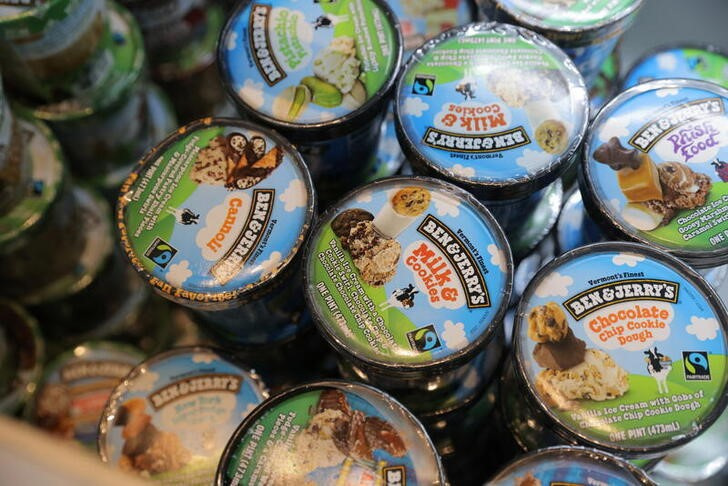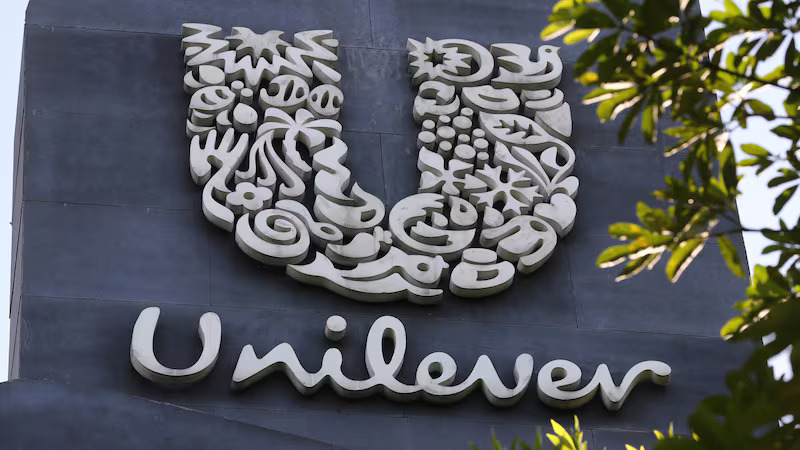Unilever (ULVR.L) announced on Tuesday its decision to spin off its ice cream unit, home to beloved brands like Magnum and Ben & Jerry’s, alongside implementing a cost-saving program that entails slashing 7,500 jobs.
This move was warmly received by investors, propelling shares of Unilever, a global giant in consumer goods, to surge nearly 6% at one point.
According to Unilever’s statement, the spinoff process will commence immediately and is slated for completion by the end of 2025. The ice cream business is in the midst of establishing a separate headquarters in Amsterdam. CEO Hein Schumacher, during a call with journalists, expressed openness to various possibilities regarding its future listing.
The announcement garnered positive reactions from activist investor Nelson Peltz’s fund, as well as Unilever shareholder Aviva.
Post-spinoff, Unilever aims to achieve mid-single-digit underlying sales growth and modest margin improvement. The ice cream segment presently contributes approximately 16% of Unilever’s global sales and holds significant shares in some regions.

Unilever Plans to Split Ice Cream Business and Cut Jobs for Savings (Credits: Reuters)
In addition to the spinoff, Unilever launched a program targeting cost savings of around 800 million euros ($869 million) over the next three years. This initiative is anticipated to affect roughly 7,500 jobs globally, predominantly in office roles, with restructuring costs expected to constitute approximately 1.2% of overall turnover during the specified period.
Schumacher highlighted that the restructuring would span across various segments of the organization, including the head office, corporate center, business group coordination points, and country-specific business units, without specifying the regions most impacted.
This strategic move underscores Schumacher’s intent to revitalize Unilever following his appointment as CEO in July. Schumacher, who succeeded Alan Jope, acknowledged Unilever’s recent underperformance and outlined plans to simplify the business structure, aiming to refocus management efforts on its top-performing brands.
The decision to streamline operations and divest the ice cream segment follows criticisms leveled at Jope for allowing Unilever’s brand portfolio to expand to around 400, potentially diverting attention from core assets.
Unilever’s underperformance drew the attention of activist investor Nelson Peltz, who secured a seat on Unilever’s board in 2022 through his investment vehicle Trian. Peltz’s fund, holding a 1.45% stake, expressed support for Unilever’s strategic initiatives.
Unilever’s shares surged nearly 6% in early trading and sustained a 3% increase by 1100 GMT, after experiencing a 5.8% decline over the past year.
Analysts view the spinoff positively, considering the ice cream division’s historical volatility and its dilutive effect on margins.
Schumacher reaffirmed the company’s commitment to focusing on 30 key brands accounting for 70% of sales, prioritizing improvements in gross margin, and refraining from major acquisitions.
Looking ahead, Schumacher emphasized the company’s ambitious agenda, forecasting a busy period over the next 18 months.























